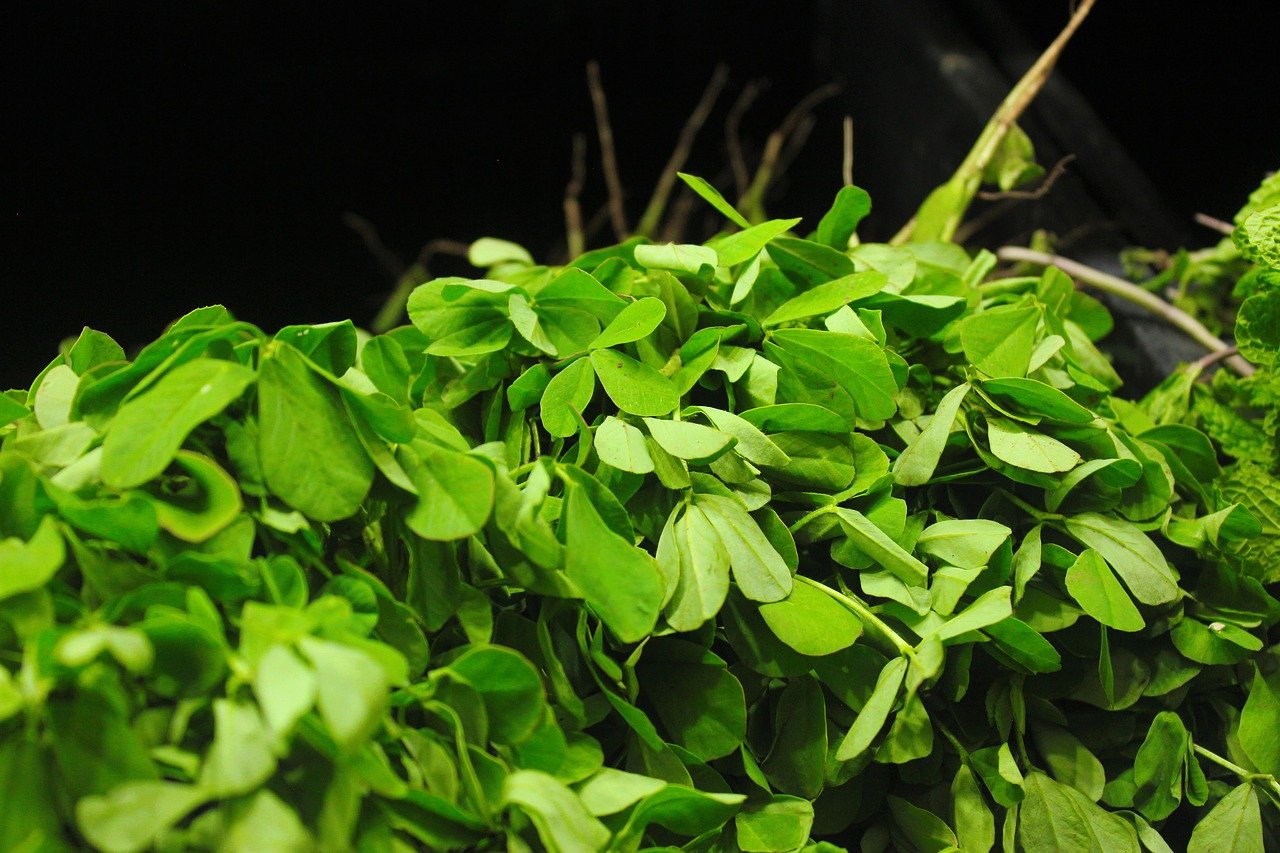In March 2020 researchers Germany and the USA published the results of their study to assess the association between food consumption and liver fat content. A total of 136 individuals … Read more
Berberine supplementation may delay the development of dementia by preventing brain damage, improving cognition, and by reducing risk factors such as metabolic dysfunction, and cardiovascular, kidney and liver diseases
In March 2020 researchers from Japan, UK and Hong Kong published their review of the medical scientific literature to assess the potential of berberine as a treatment for dementia associated … Read more
A higher adherence to the Healthy Eating Index-2015 and DASH diets appears to be associated with a lower risk of non-alcoholic fatty liver disease, with the association being stronger for individuals with cirrhosis than for those without cirrhosis
In February 2020 researchers from the USA published the results of their study to assess the association between dietary patterns and risk of non-alcoholic fatty liver disease according to cirrhosis … Read more
Herbs and spices appear to have antioxidant, anti-microbial, and anti-inflammatory properties and they may in addition reduce the risk of developing chronic diseases, eg cardiovascular disease, neurodegenerative conditions, chronic inflammation, arthritis, cancer, obesity and diabetes type 2
In May 2019 researchers from Canada published their review of the medical scientific literature to identify and assess specific biomarkers in 25 herbs and spices, namely anise, basil, black pepper, … Read more
Supplements have little to no effect on the risk of lung cancer and lung cancer mortality in healthy individuals, although vitamin A supplements appear to increase the risk of lung cancer and mortality in smokers or individuals exposed to asbestos, vitamin C the risk of lung cancer in women and vitamin E the risk of haemorrhagic strokes
In March 2020 researchers from Chile and Spain published their review of the medical scientific literature to establish whether supplementations of vitamins and minerals, alone or in combination, reduce the … Read more
Given that the benefit of taking paracetamol for relief of osteoarthritic joint pain is uncertain and potential safety issues have been raised, more careful consideration concerning its use is required
In April 2019 researchers from the UK, Belgium, Italy and Switzerland published their review on the benefits and harm of using paracetamol for osteoarthritic pain. Paracetamol is generally recommended for … Read more
Fenugreek
Fenugreek (Trigonella foenum-graecum) seeds contain mucilage, trigonelline, 4-hydroxyisoleucine, sotolon, diosgenin, luteolin, phenolic acids, and protodioscin and is “generally recognized as safe” when used as a flavouring by the U.S. Food … Read more
The Early Nutrition Project have published updated recommendations for optimized nutrition before and during pregnancy, during breastfeeding, infancy and toddlerhood which should contribute to the prevention of obesity and associated non-communicable diseases
In February 2019 researchers from Germany, UK, Poland, The Netherlands and Australia who were part of the The Early Nutrition Project published their review of the medical scientific literature and … Read more
An unhealthy lifestyle is associated with distinct abnormalities in laboratory tests for liver function, inflammation and lipid status
In June 2019 researchers from Finland published the results of their study to assess the impact of unfavourable lifestyle factors on abnormal laboratory tests reflecting liver status, inflammation and lipid … Read more
Akkermansia muciniphila supplementation improves insulin sensitivity, reduces total cholesterol levels, slightly decreases body weight, fat mass and hip circumference as well as reducing markers for liver dysfunction and inflammation
In July 2019 researchers from Belgium, The Netherlands and Finland published the results of their study to assess the results of their study to assess the association of Akkermansia muciniphila … Read more
Polybrominated diphenyl ether
Polybrominated diphenyl ethers or PBDEs, are compounds used as flame retardants and are added to plastics, polyurethane foam, textiles, and electronic equipment to reduce the likelihood of ignition and to … Read more
Individuals working in cosmetics and perfume departments may have an increased risk of reproductive or liver disorders due to the type of phthalates found in cosmetics and perfumes
In February 2018 researchers from Taiwan published the results of their study to assess phthalate exposure in 23 cosmetics, 4 perfume and 9 clothing department sales assistants. Phthalates are known … Read more
Symbiotic yoghurt may improve hepatic steatosis and liver enzyme levels in individuals with non-alcoholic fatty liver disease
In June 2018 researchers from Iran published the results of their study to assess the effect of symbiotic yoghurt consumption on hepatic steatosis and liver enzyme levels in individuals with … Read more
Coffee appears to reduce the risk of liver cancer but not biliary tract cancers
In August 2017, researchers from Italy, Poland and the UK published a review of the scientific literature relating to coffee consumption and risk of liver cancer and biliary tract cancer. … Read more














